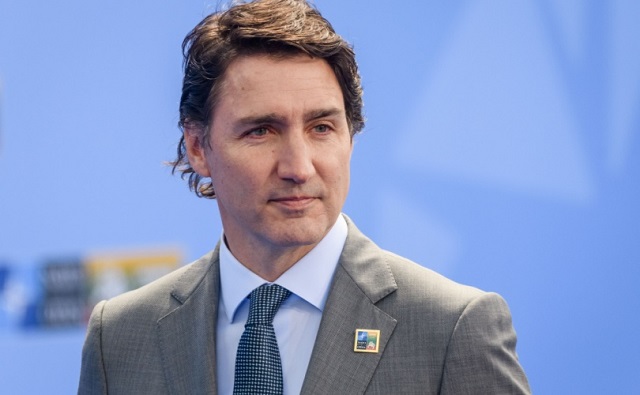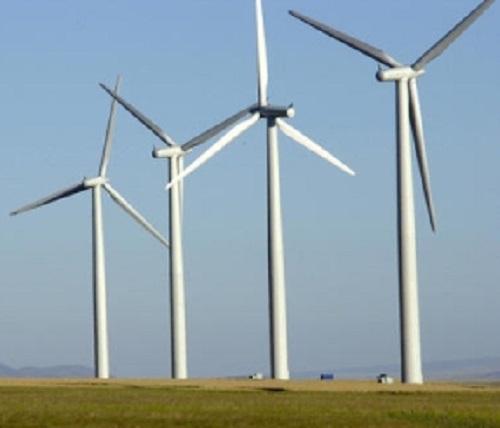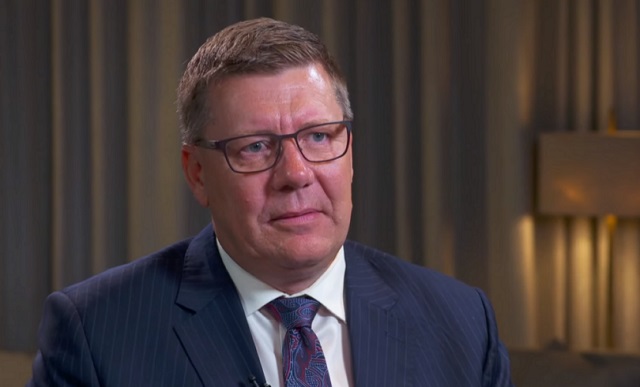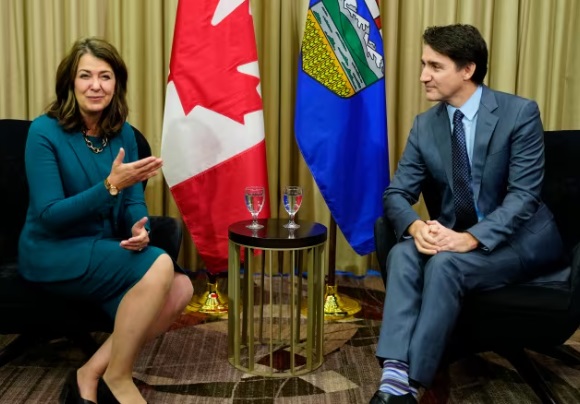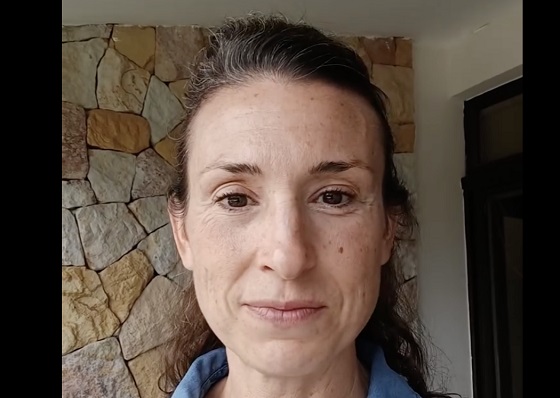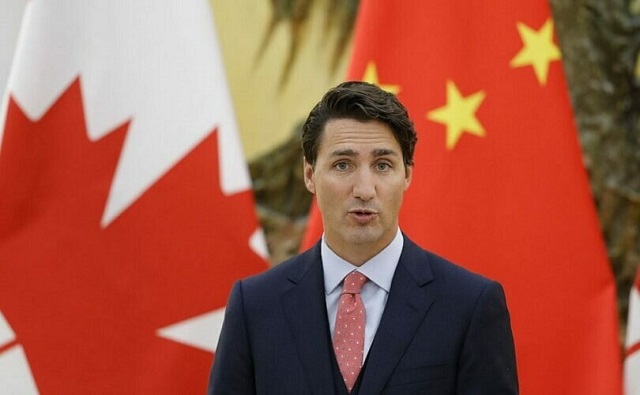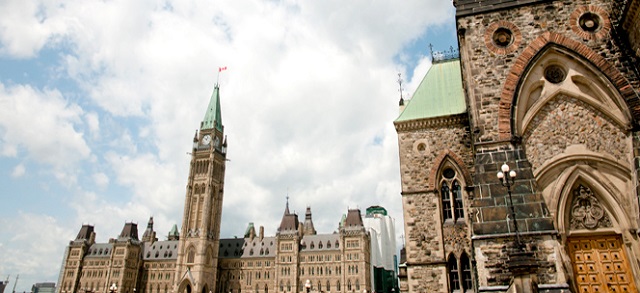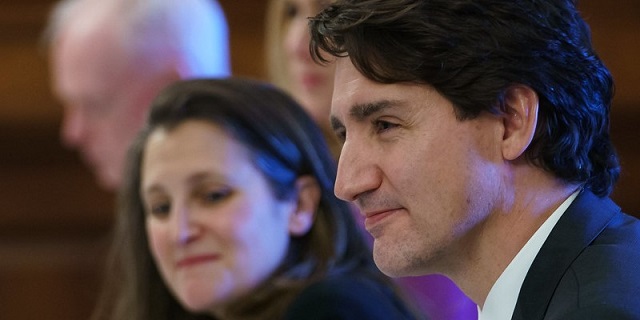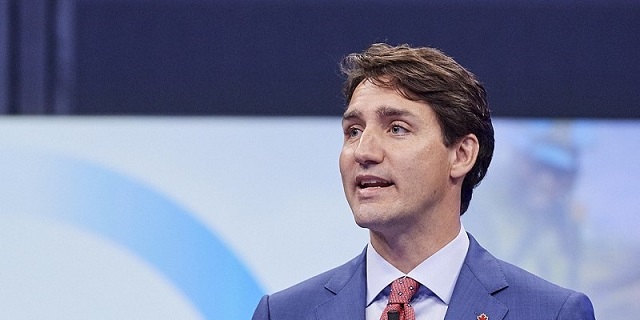MICHAEL SHELLENBERG IN MARANHÃO, BRAZIL, 1995
In 2019, the Intergovernmental Panel on Climate Change invited Michael Shellenberger to serve as an independent Expert Reviewer of its next Assessment Report.
He’s been named “Hero of the Environment,” by Time Magazine. He’s a Green Book Award winner, He founded Environmental Progress. Now… He’s sorry.
This week, Shellenberger posted this apology on his website. It’s important. Really important.
From Michael Shellenberg
On Behalf Of Environmentalists, I Apologize For The Climate Scare
On behalf of environmentalists everywhere, I would like to formally apologize for the climate scare we created over the last 30 years. Climate change is happening. It’s just not the end of the world. It’s not even our most serious environmental problem.
I may seem like a strange person to be saying all of this. I have been a climate activist for 20 years and an environmentalist for 30.
But as an energy expert asked by Congress to provide objective expert testimony, and invited by the Intergovernmental Panel on Climate Change (IPCC) to serve as Expert Reviewer of its next Assessment Report, I feel an obligation to apologize for how badly we environmentalists have misled the public.
Here are some facts few people know:
-
Humans are not causing a “sixth mass extinction”
-
The Amazon is not “the lungs of the world”
-
Climate change is not making natural disasters worse
-
Fires have declined 25% around the world since 2003
-
The amount of land we use for meat — humankind’s biggest use of land — has declined by an area nearly as large as Alaska
-
The build-up of wood fuel and more houses near forests, not climate change, explain why there are more, and more dangerous, fires in Australia and California
-
Carbon emissions are declining in most rich nations and have been declining in Britain, Germany, and France since the mid-1970s
-
Netherlands became rich not poor while adapting to life below sea level
-
We produce 25% more food than we need and food surpluses will continue to rise as the world gets hotter
-
Habitat loss and the direct killing of wild animals are bigger threats to species than climate change
-
Wood fuel is far worse for people and wildlife than fossil fuels
-
Preventing future pandemics requires more not less “industrial” agriculture
I know that the above facts will sound like “climate denialism” to many people. But that just shows the power of climate alarmism.
In reality, the above facts come from the best-available scientific studies, including those conducted by or accepted by the IPCC, the Food and Agriculture Organization of the United Nations (FAO), the International Union for the Conservation of Nature (IUCN) and other leading scientific bodies.
Some people will, when they read this imagine that I’m some right-wing anti-environmentalist. I’m not. At 17, I lived in Nicaragua to show solidarity with the Sandinista socialist revolution. At 23 I raised money for Guatemalan women’s cooperatives. In my early 20s I lived in the semi-Amazon doing research with small farmers fighting land invasions. At 26 I helped expose poor conditions at Nike factories in Asia.
I became an environmentalist at 16 when I threw a fundraiser for Rainforest Action Network. At 27 I helped save the last unprotected ancient redwoods in California. In my 30s I advocated renewables and successfully helped persuade the Obama administration to invest $90 billion into them. Over the last few years I helped save enough nuclear plants from being replaced by fossil fuels to prevent a sharp increase in emissions
But until last year, I mostly avoided speaking out against the climate scare. Partly that’s because I was embarrassed. After all, I am as guilty of alarmism as any other environmentalist. For years, I referred to climate change as an “existential” threat to human civilization, and called it a “crisis.”
But mostly I was scared. I remained quiet about the climate disinformation campaign because I was afraid of losing friends and funding. The few times I summoned the courage to defend climate science from those who misrepresent it I suffered harsh consequences. And so I mostly stood by and did next to nothing as my fellow environmentalists terrified the public.
I even stood by as people in the White House and many in the news media tried to destroy the reputation and career of an outstanding scientist, good man, and friend of mine, Roger Pielke, Jr., a lifelong progressive Democrat and environmentalist who testified in favor of carbon regulations. Why did they do that? Because his research proves natural disasters aren’t getting worse.
But then, last year, things spiraled out of control.
Alexandria Ocasio-Cortez said “The world is going to end in twelve years if we don’t address climate change.” Britain’s most high-profile environmental group claimed “Climate Change Kills Children.”
The world’s most influential green journalist, Bill McKibben, called climate change the “greatest challenge humans have ever faced” and said it would “wipe out civilizations.”
Mainstream journalists reported, repeatedly, that the Amazon was “the lungs of the world,” and that deforestation was like a nuclear bomb going off.
As a result, half of the people surveyed around the world last year said they thought climate change would make humanity extinct. And in January, one out of five British children told pollsters they were having nightmares about climate change.
Whether or not you have children you must see how wrong this is. I admit I may be sensitive because I have a teenage daughter. After we talked about the science she was reassured. But her friends are deeply misinformed and thus, understandably, frightened.
I thus decided I had to speak out. I knew that writing a few articles wouldn’t be enough. I needed a book to properly lay out all of the evidence.
And so my formal apology for our fear-mongering comes in the form of my new book, Apocalypse Never: Why Environmental Alarmism Hurts Us All.
It is based on two decades of research and three decades of environmental activism. At 400 pages, with 100 of them endnotes, Apocalypse Never covers climate change, deforestation, plastic waste, species extinction, industrialization, meat, nuclear energy, and renewables.
Some highlights from the book:
-
Factories and modern farming are the keys to human liberation and environmental progress
-
The most important thing for saving the environment is producing more food, particularly meat, on less land
-
The most important thing for reducing air pollution and carbon emissions is moving from wood to coal to petroleum to natural gas to uranium
-
100% renewables would require increasing the land used for energy from today’s 0.5% to 50%
-
We should want cities, farms, and power plants to have higher, not lower, power densities
-
Vegetarianism reduces one’s emissions by less than 4%
-
Greenpeace didn’t save the whales, switching from whale oil to petroleum and palm oil did
-
“Free-range” beef would require 20 times more land and produce 300% more emissions
-
Greenpeace dogmatism worsened forest fragmentation of the Amazon
-
The colonialist approach to gorilla conservation in the Congo produced a backlash that may have resulted in the killing of 250 elephants
Why were we all so misled?
In the final three chapters of Apocalypse Never I expose the financial, political, and ideological motivations. Environmental groups have accepted hundreds of millions of dollars from fossil fuel interests. Groups motivated by anti-humanist beliefs forced the World Bank to stop trying to end poverty and instead make poverty “sustainable.” And status anxiety, depression, and hostility to modern civilization are behind much of the alarmism
Once you realize just how badly misinformed we have been, often by people with plainly unsavory or unhealthy motivations, it is hard not to feel duped.
Will Apocalypse Never make any difference? There are certainly reasons to doubt it.
The news media have been making apocalyptic pronouncements about climate change since the late 1980s, and do not seem disposed to stop.
The ideology behind environmental alarmsim — Malthusianism — has been repeatedly debunked for 200 years and yet is more powerful than ever.
But there are also reasons to believe that environmental alarmism will, if not come to an end, have diminishing cultural power.
The coronavirus pandemic is an actual crisis that puts the climate “crisis” into perspective. Even if you think we have overreacted, Covid-19 has killed nearly 500,000 people and shattered economies around the globe.
Scientific institutions including WHO and IPCC have undermined their credibility through the repeated politicization of science. Their future existence and relevance depends on new leadership and serious reform.
Facts still matter, and social media is allowing for a wider range of new and independent voices to outcompete alarmist environmental journalists at legacy publications.
Nations are reverting openly to self-interest and away from Malthusianism and neoliberalism, which is good for nuclear and bad for renewables.
The evidence is overwhelming that our high-energy civilization is better for people and nature than the low-energy civilization that climate alarmists would return us to.
The invitations from IPCC and Congress are signs of a growing openness to new thinking about climate change and the environment. Another one has been to the response to my book from climate scientists, conservationists, and environmental scholars. “Apocalypse Never is an extremely important book,” writes Richard Rhodes, the Pulitzer-winning author of The Making of the Atomic Bomb. “This may be the most important book on the environment ever written,” says one of the fathers of modern climate science Tom Wigley.
“We environmentalists condemn those with antithetical views of being ignorant of science and susceptible to confirmation bias,” wrote the former head of The Nature Conservancy, Steve McCormick. “But too often we are guilty of the same. Shellenberger offers ‘tough love:’ a challenge to entrenched orthodoxies and rigid, self-defeating mindsets. Apocalypse Never serves up occasionally stinging, but always well-crafted, evidence-based points of view that will help develop the ‘mental muscle’ we need to envision and design not only a hopeful, but an attainable, future.”
That is all I hoped for in writing it. If you’ve made it this far, I hope you’ll agree that it’s perhaps not as strange as it seems that a lifelong environmentalist, progressive, and climate activist felt the need to speak out against the alarmism.
I further hope that you’ll accept my apology.



